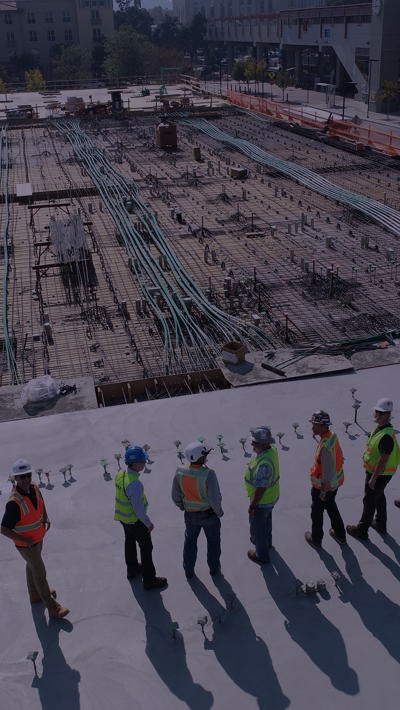Contents
The Coronavirus epidemic marches on, bringing with it the prospect of a world recession. As more factories close and global share markets wobble, businesses are looking for ways to minimise their risk.
COVID-19 has not established in New Zealand yet, but is making its presence felt in the disruption to world markets and supply chains. We look at some of the implications for the New Zealand construction sector.
Does your contract provide force majeure protection?
Force majeure clauses can provide protection where performance under a contract is affected but whether coronavirus (or, more particularly, the supply chain delays and government restrictions put in place as a result of it) will be treated as a force majeure event will depend on the specific drafting in the underlying contract.
Contracts will often specify a list of events or circumstances that constitute force majeure, and epidemic or pandemic are a common inclusion. Generally, a broader force majeure definition will also be included, requiring that the event or circumstance:
- be unforeseeable
- be outside of a party’s control
- could not have been avoided or overcome, and
- causes a party to be unable to perform its contractual obligations.
The specific wording of a contract will also govern mitigation responsibilities, notice requirements and timing.
The application of the foreseeability principle is interesting at this point in time. For contracts entered into now, coronavirus is a foreseeable event or circumstance. It is the future trajectory and the impact which is unknown.
In the event of a successful force majeure claim, a party will be relieved from the need to perform the affected contractual obligations, and the contractor/supplier will typically be entitled to an extension of time.
This may, in some cases, be of little use to the principal/purchaser whose project or delivery is delayed, having flow on effects and additional costs. Losses of this sort are not usually covered by business interruption insurance but you should check your insurances or speak with your broker to be sure.
Proactive checklist
As coronavirus continues to spread, businesses should be proactive in assessing and taking practical steps to manage and minimise project risks that may arise. This might include:
- checking affected contracts to see whether coronavirus would be covered by force majeure provisions and ensuring that notice and timing requirements are being complied with. Accurate record keeping of correspondence will be important to setting up and responding to contract claims
- engaging as early as possible with counterparties to consider alternatives to avoid or minimise the impacts of coronavirus, such as accessing goods and materials from unaffected suppliers. This is particularly relevant given force majeure regimes often include a duty to mitigate
- confirming whether insurance cover might assist where loss, not otherwise covered by contract, occurs and ensuring that any policy requirements are complied with
- considering impacts across a broader contractual structure, for example how does relief granted under one contract impact a party’s obligations under a ‘down-stream’ contract?, and
- checking whether you can get out of a contract for prolonged force majeure e.g. is there an express ability to terminate if the event continues for an extended period of time?









































































































